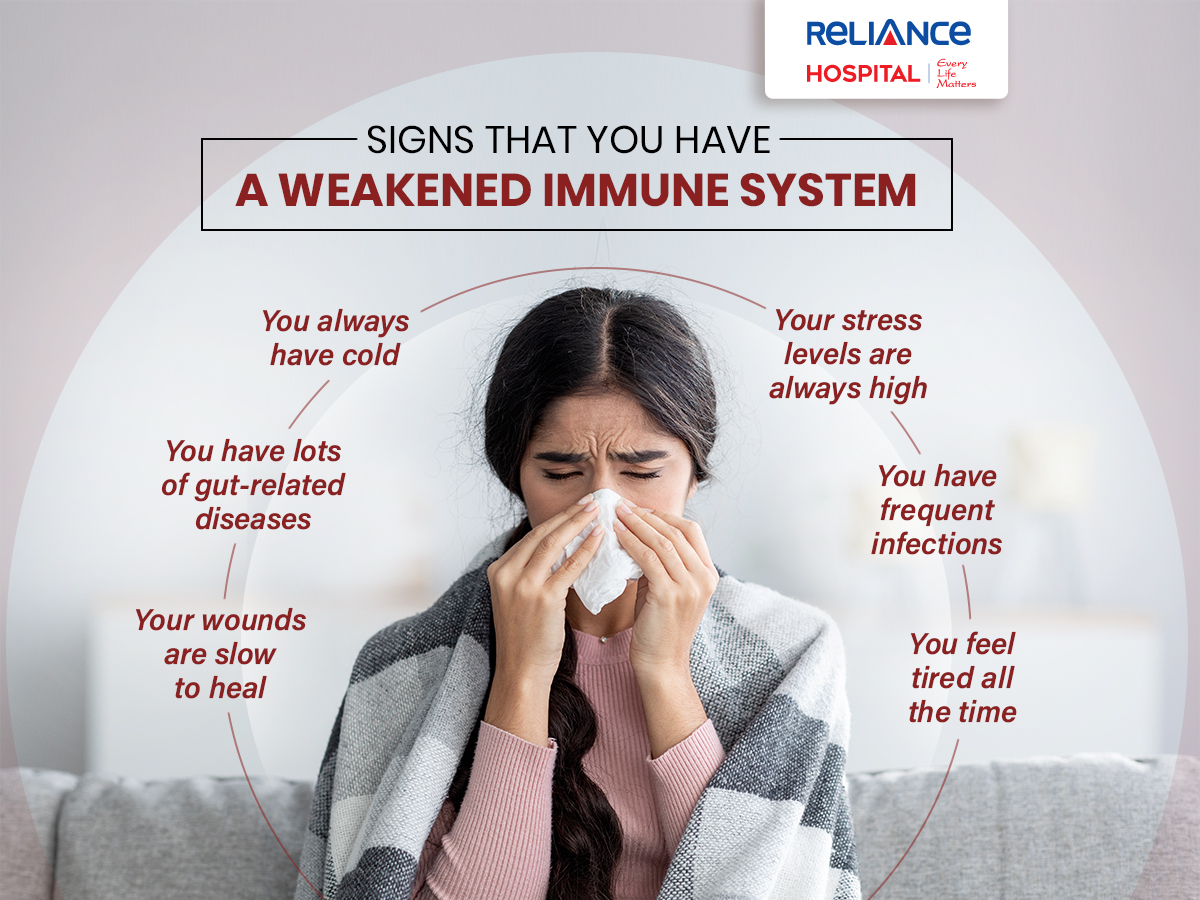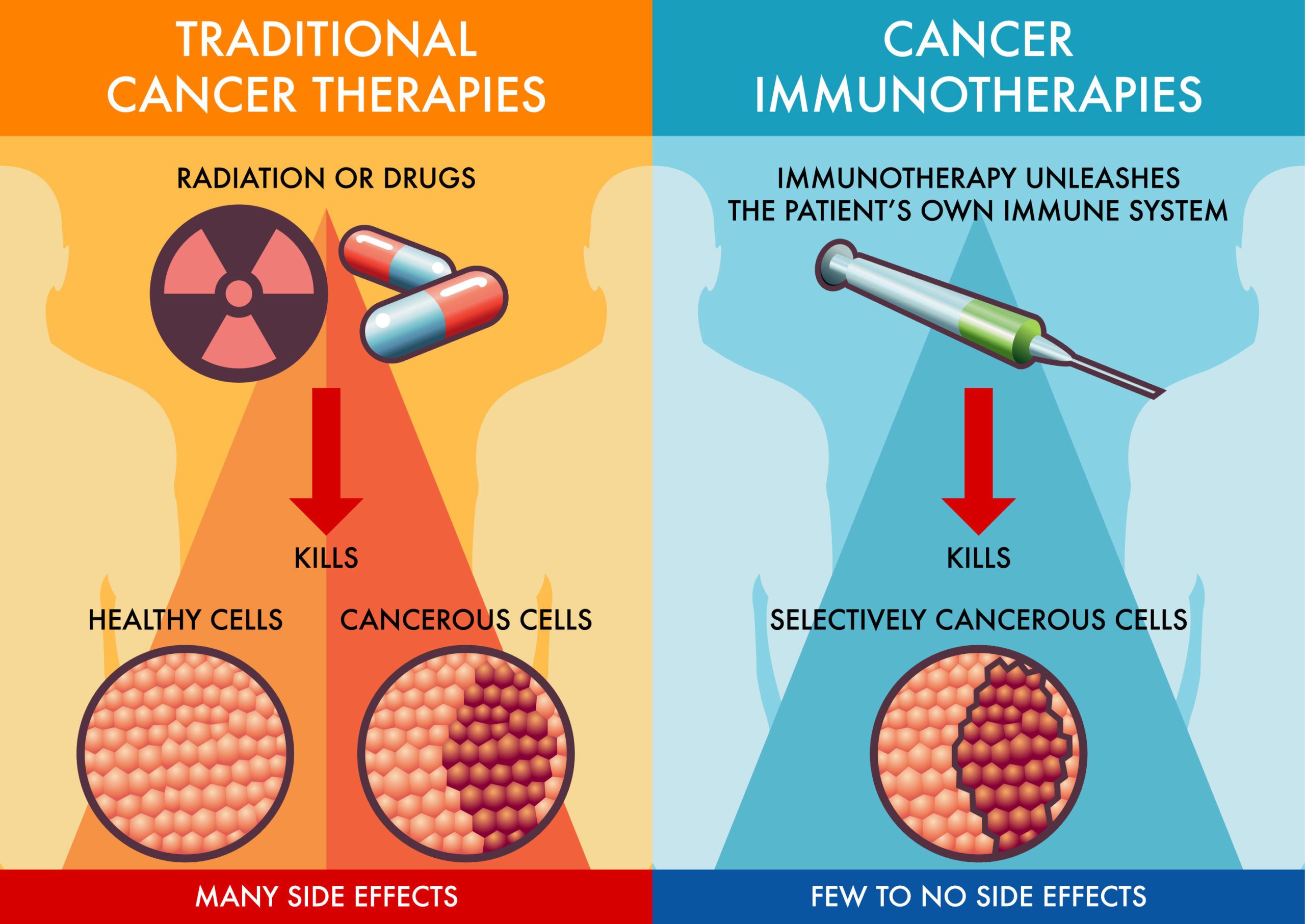How Long After Chemo Is Your Immune System Compromised
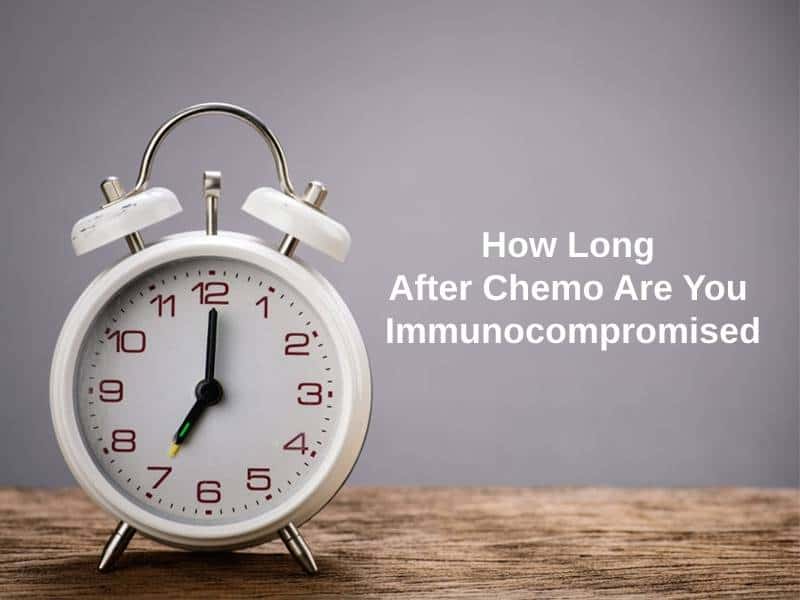
Chemotherapy patients face a prolonged period of immune system vulnerability, increasing their risk of infection. Recovery time varies significantly, demanding vigilance and proactive measures.
Understanding the duration of immune compromise post-chemo is critical for patient safety and management. This article provides essential information on this crucial topic, drawing on expert insights and available data.
The Immediate Post-Chemo Period: A Critical Window
Immediately following chemotherapy, the immune system is at its weakest. White blood cell counts, particularly neutrophils (essential for fighting bacterial infections), plummet to dangerously low levels.
This period, known as nadir, typically occurs 7-14 days after treatment. The risk of infection is highest during this time, often requiring hospitalization and aggressive antibiotic treatment.
According to the National Cancer Institute, the nadir's duration and severity depend on the chemotherapy regimen used, the patient's overall health, and prior treatments.
Duration of Immune Compromise: A Variable Timeline
Immune system recovery isn't a swift process; it can take weeks, months, or even longer. The exact timeline depends on several factors.
The type and intensity of chemotherapy are primary determinants. More aggressive regimens cause greater bone marrow suppression, leading to longer recovery periods.
Patient-specific factors, such as age, pre-existing conditions (e.g., diabetes, HIV), and nutritional status, also play a significant role.
Specific Timelines and Data Points
While a universal timeline is impossible, some data provides a general understanding. For many patients, neutrophil counts begin to recover within 3-4 weeks after chemotherapy.
However, complete immune system restoration, including T-cell and B-cell function, can take several months. Some studies suggest that it can take 6-12 months for the immune system to return to near-normal function after intensive chemotherapy.
A 2015 study published in the journal "Blood" indicated that patients undergoing stem cell transplantation after high-dose chemotherapy may experience prolonged immune deficiency lasting over a year.
Long-Term Effects and Secondary Immunodeficiency
In some cases, chemotherapy can lead to long-term immune dysfunction. This can result in increased susceptibility to infections even years after treatment completion.
This is particularly true for patients who have undergone multiple rounds of chemotherapy or received specific types of drugs. Some chemotherapy drugs, such as alkylating agents, can cause lasting damage to the bone marrow.
Furthermore, the reduced diversity of the gut microbiome, a common side effect of chemotherapy, can negatively impact immune function long-term.
Protecting Yourself: Key Strategies During Recovery
Patients must take proactive steps to minimize infection risk. Frequent handwashing with soap and water is crucial.
Avoiding crowds and contact with sick individuals is essential. Wearing a mask in public settings can provide an extra layer of protection.
Maintaining a healthy diet rich in fruits and vegetables is also critical for supporting immune function. Discuss any dietary supplements with your doctor.
Consultation and Monitoring: The Role of Healthcare Professionals
Regular monitoring of blood cell counts is essential during and after chemotherapy. This allows healthcare providers to track immune recovery and identify potential problems early.
Patients should report any signs of infection to their doctor immediately, including fever, chills, cough, or sore throat. Prompt treatment can prevent serious complications.
Consulting with an infectious disease specialist may be beneficial for patients with persistent immune deficiencies or recurrent infections.
Next Steps and Ongoing Developments
Research continues to focus on strategies to accelerate immune recovery after chemotherapy. Clinical trials are exploring the use of growth factors and other therapies to stimulate bone marrow function.
Development of targeted therapies that minimize damage to healthy cells, including immune cells, is also an area of active investigation. These approaches aim to reduce the duration and severity of immune compromise.
Further studies are needed to better understand the long-term effects of chemotherapy on the immune system and to develop effective strategies for preventing and managing secondary immunodeficiency.

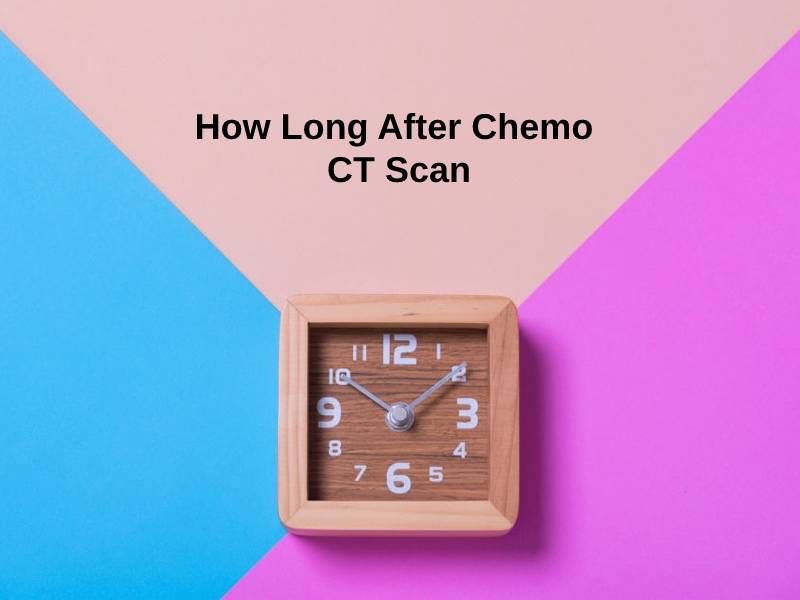
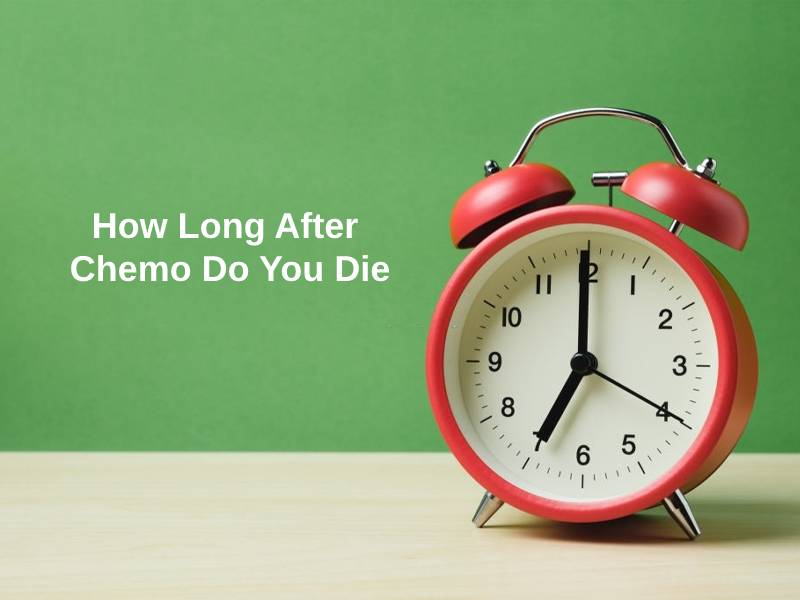
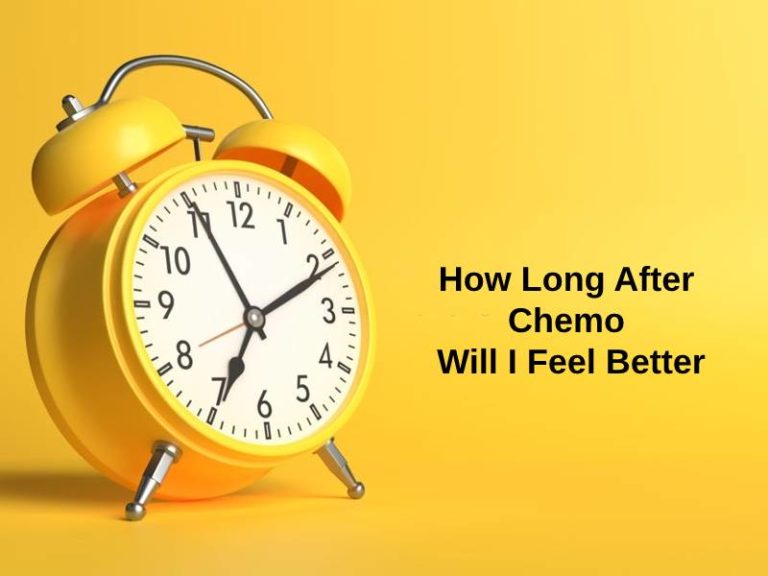
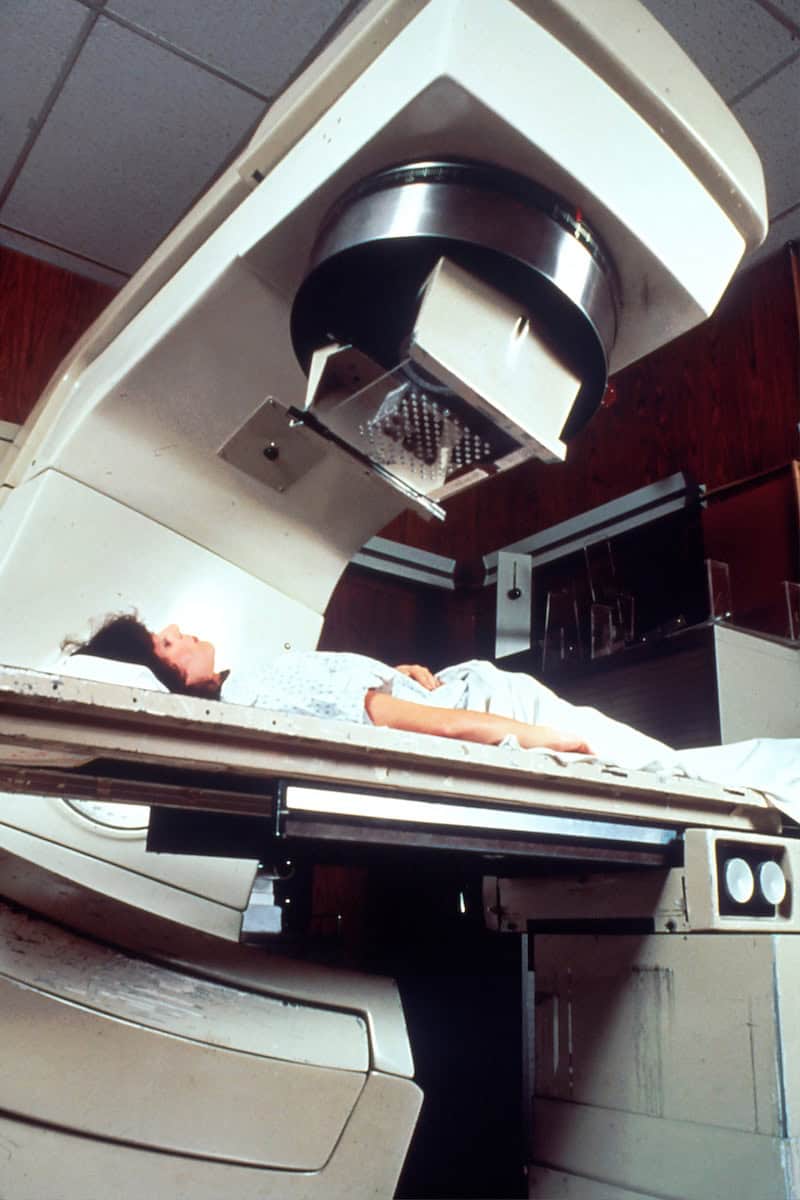
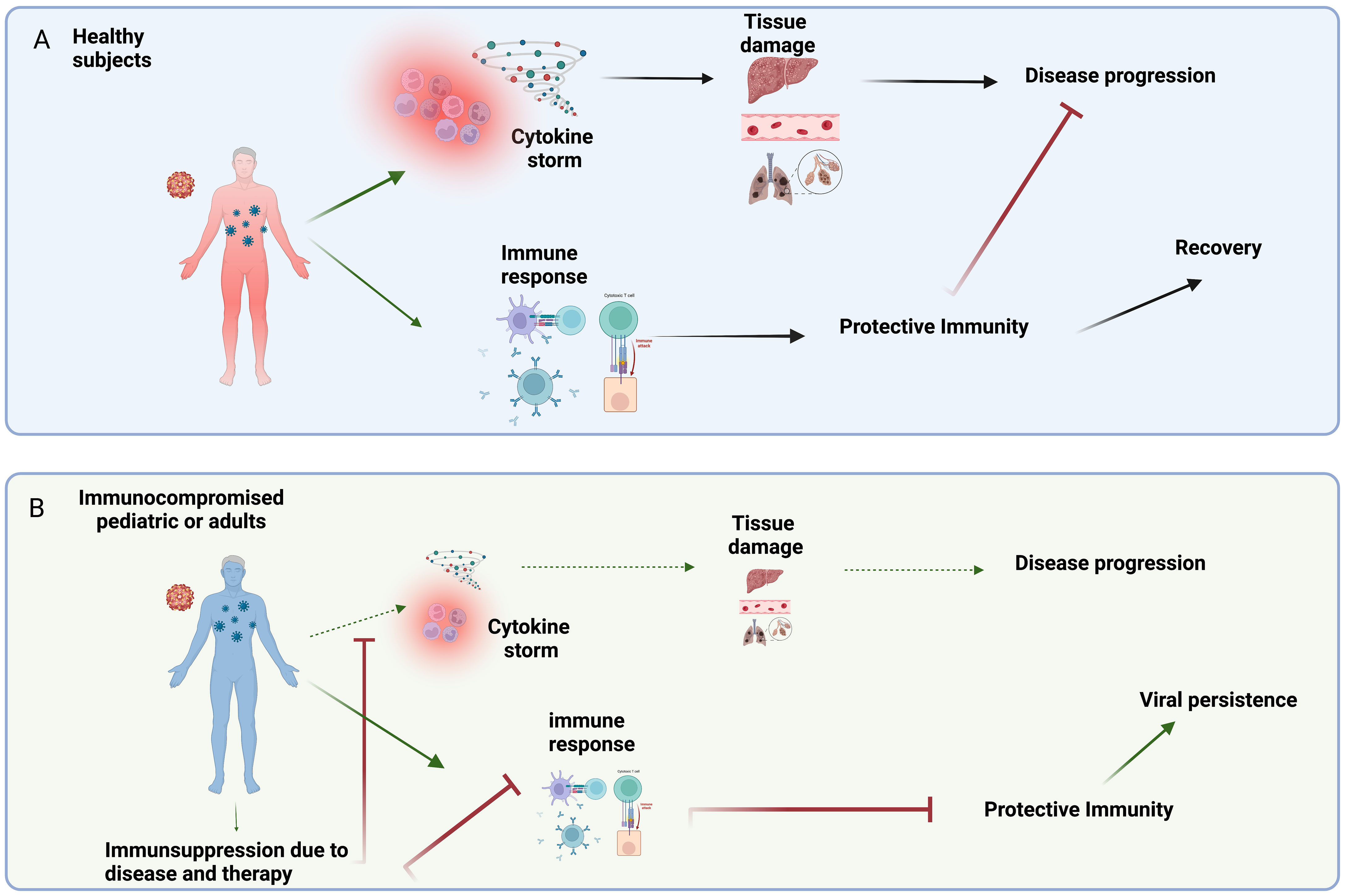



:max_bytes(150000):strip_icc()/can-cancer-spread-during-chemotherapy-5210592-FINAL-56da0fe9e94d4ae59539cac0e1014723.jpg)
